As the conflict in Gaza enters a critical phase, Hamas' military wing, the Izz ad-Din al-Qassam Brigades, has vowed to continue its fight against Israeli forces, particularly in southern Gaza and Rafah. Spokesman Abu Ubaidah stated in a video message on Saturday that despite their desire to end the ongoing aggression, Hamas is prepared for a long war, aiming to draw the enemy into a deadly quagmire.
"Despite our full desire to stop this ongoing aggression against our people, we are prepared for a prolonged war against the enemy," Abu Ubaidah declared. "We are drawing the enemy into a swamp where they will find nothing but the death and capture of their soldiers." He emphasized that Palestinians are the true owners of the land and are determined to defend it.
This declaration comes amidst intense fighting in multiple areas, including Jabalia in northern Gaza. Over the past ten days, Palestinian fighters have reportedly attacked hundreds of Israeli military vehicles, including tanks, armored vehicles, and bulldozers. According to Abu Ubaidah, these attacks have inflicted significant casualties on Israeli forces through tunnel explosions, rocket and mortar fire, sniping, and close-quarters combat.
The spokesperson accused the Israeli military of not disclosing the true extent of their losses. He highlighted the serious damage inflicted on Israeli forces, particularly on the eastern edge of Rafah city. He criticized Israel's decision to launch ground attacks on Rafah, Zaytun Para, and Jabalia refugee camps, calling it a grave mistake that has made their forces easy targets for Palestinian fighters.
Abu Ubaidah remarked that Israeli forces are facing unexpected and fierce resistance, countering their assumption that seven months of intense bombardment would reduce opposition. He described the Israeli advance as a descent into "hell," met with greater resistance than anticipated.
On Thursday, Israeli Reserve Army Major General Yitzhak Brik labeled the conflict a "war of attrition" and warned that prolonging the war could lead to the collapse of the Israeli army and economy. In an interview with Channel-13, he acknowledged the need for immediate rehabilitation of the Israeli military, admitting its failure to defeat Hamas.
Analysts suggest that Israel is not just facing Hamas but also contending with support from Lebanon's Hezbollah, Iraq's Popular Mobilization Forces (PMF), Yemen's Houthis, and other regional resistance groups. They argue that Israel cannot sustain the war alone, having achieved little in the past seven months other than significant civilian casualties.
The conflict erupted on October 7 of last year when Hamas launched a large-scale military operation against Israel, prompting an intense Israeli response involving airstrikes and ground attacks. The fighting has resulted in the deaths of over 40,000 Palestinians, predominantly women and children, with more than 70,000 injured.
As the situation remains dire, the international community continues to watch closely, hoping for a resolution to end the violence and suffering in the region.



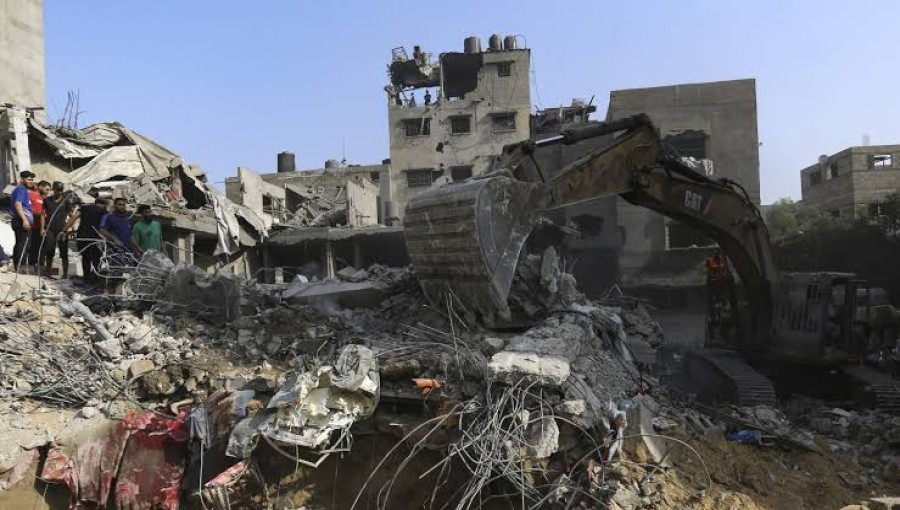


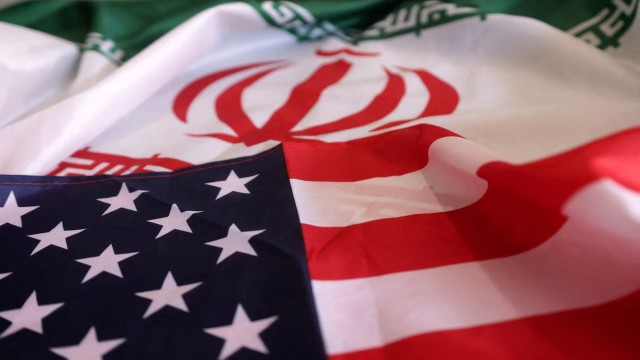

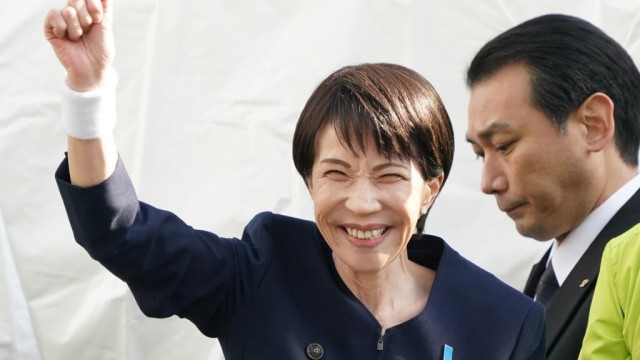

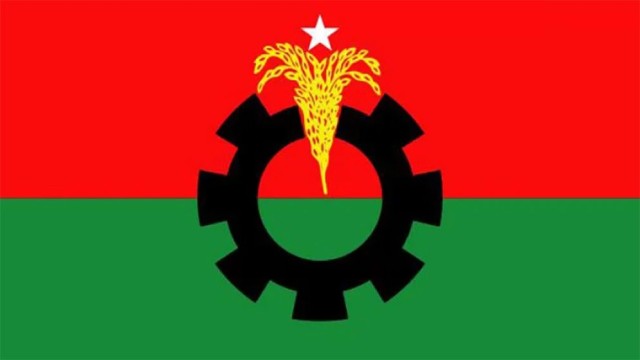
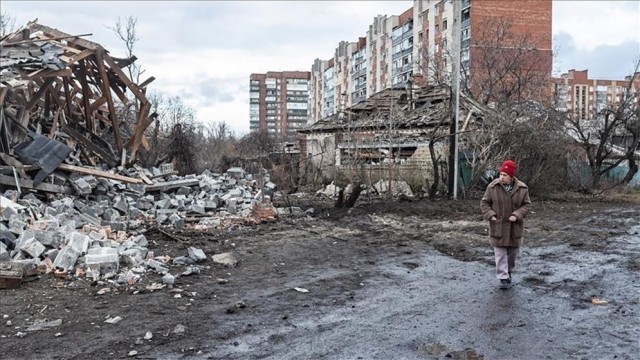



















Comment: